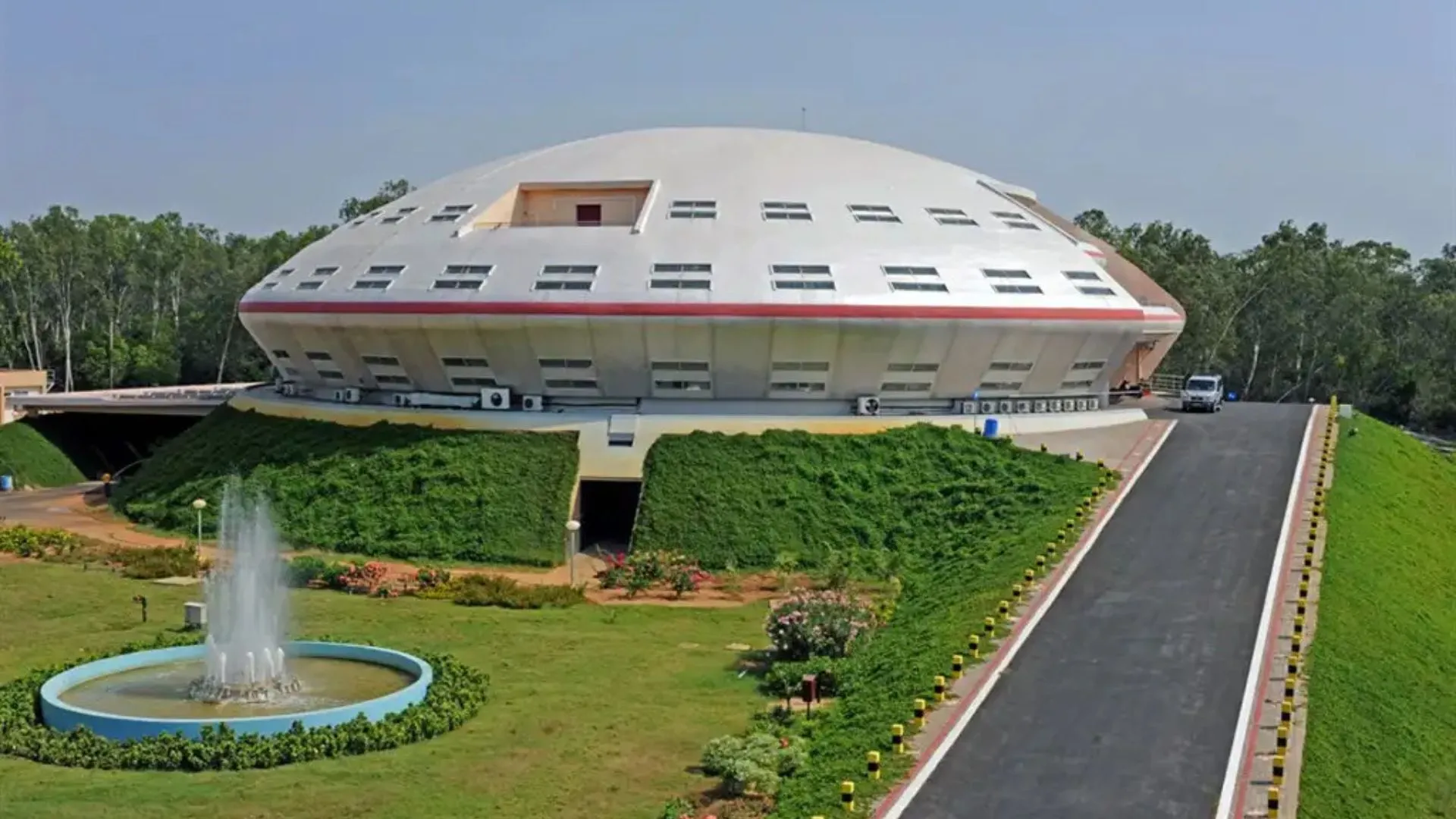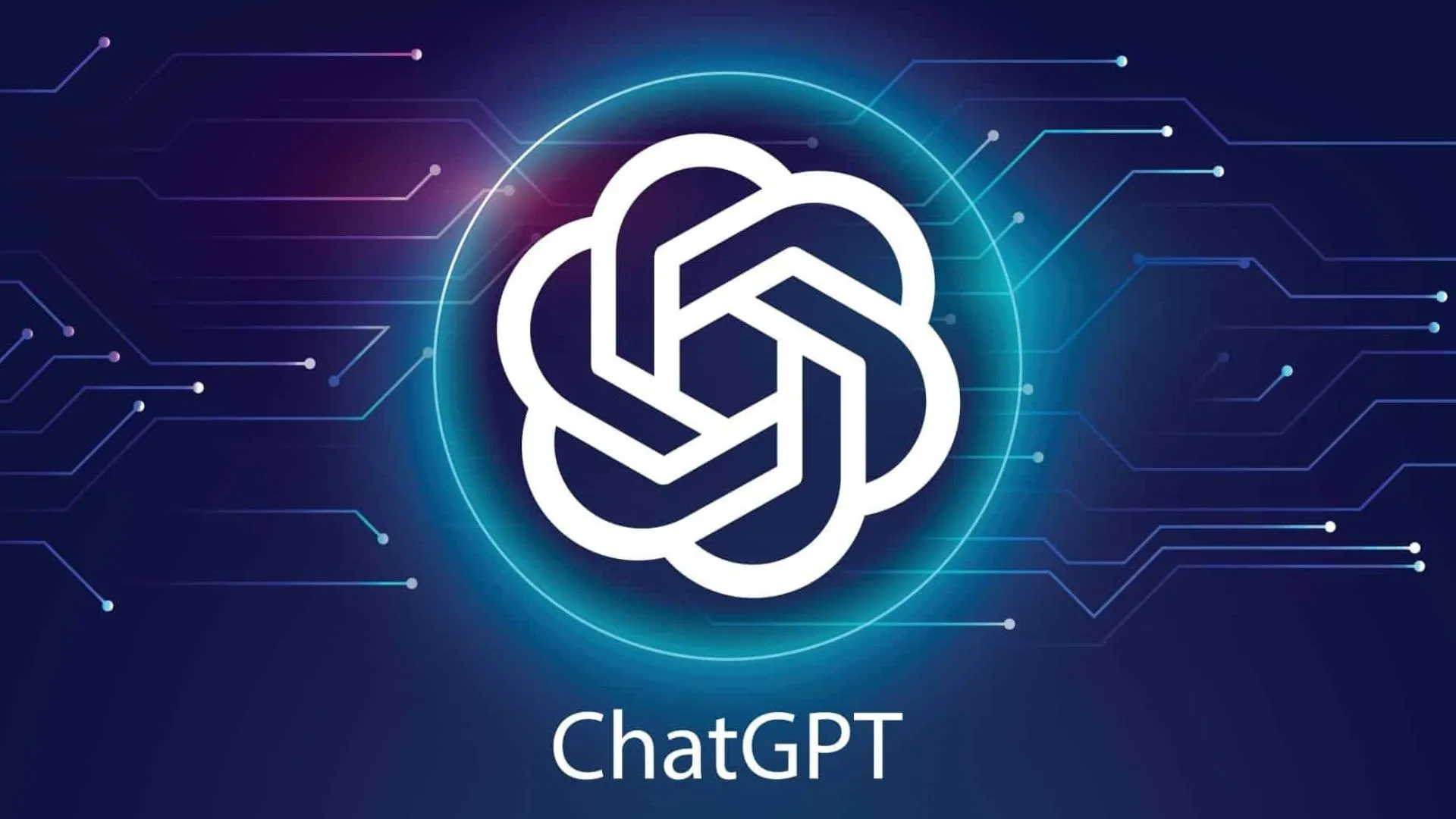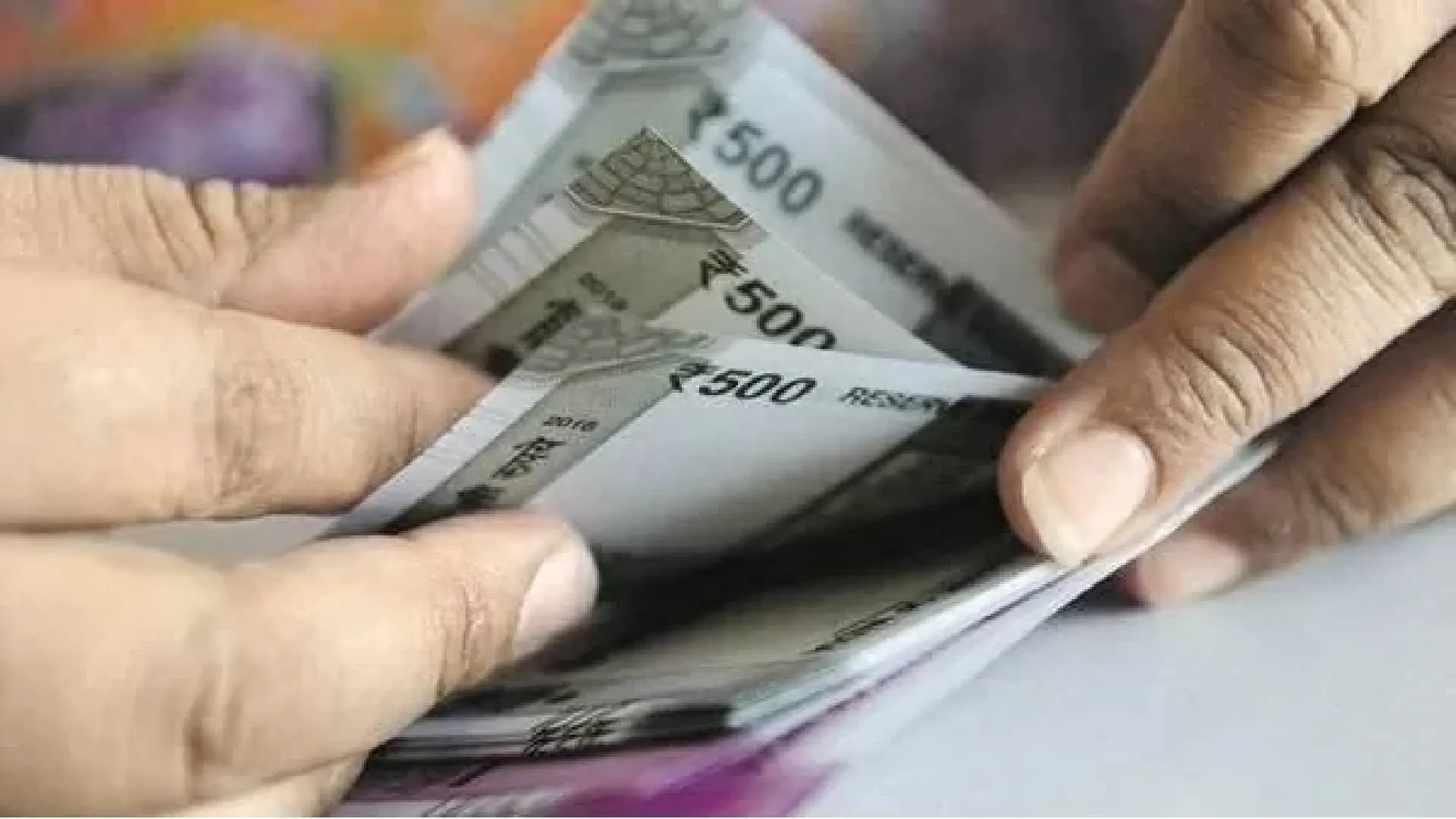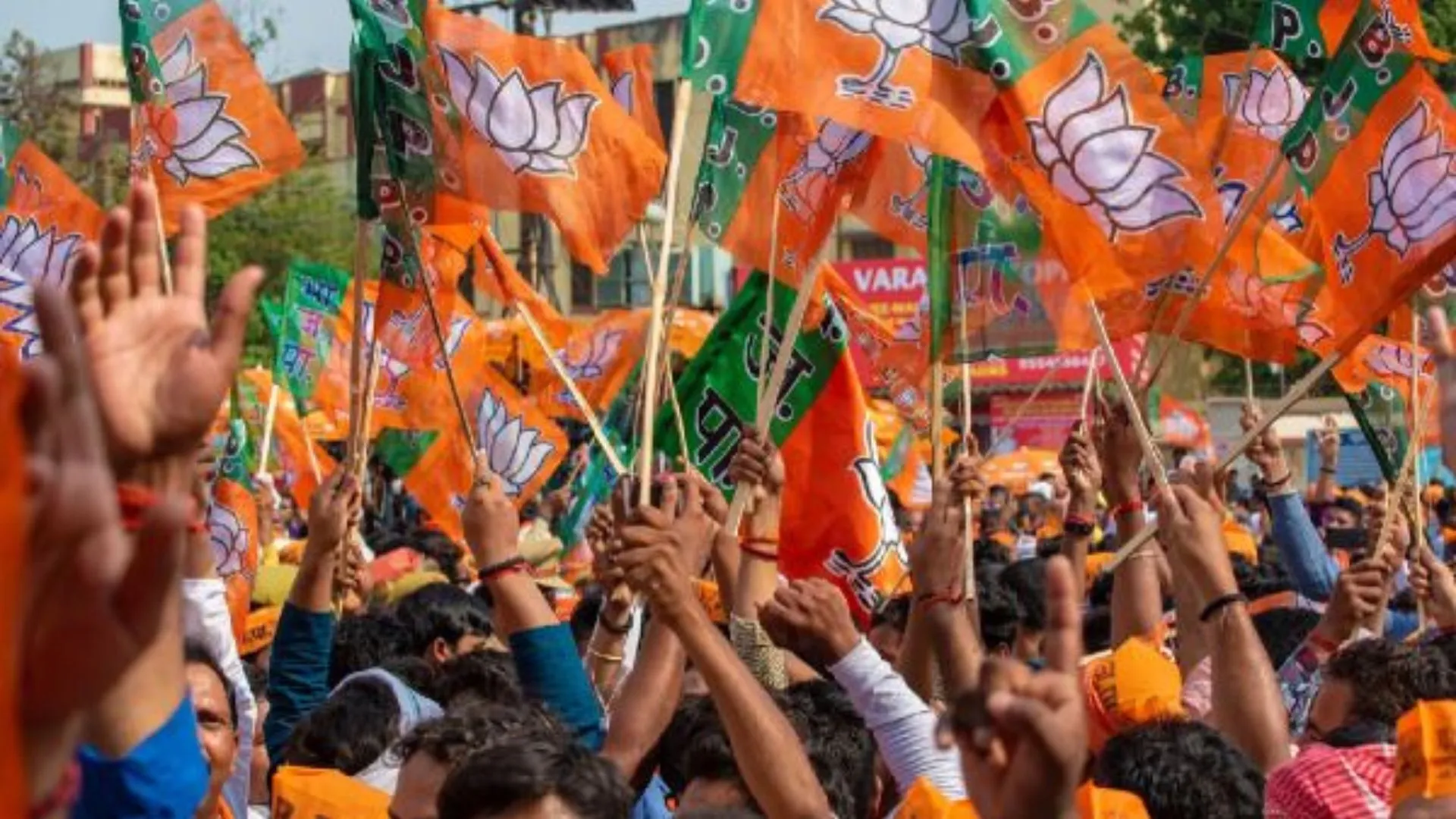In the wake of illegal and unauthorised telephone communication inside the jails in the national capital, Delhi Lieutenant Governor VK Saxena has constituted a high-level committee to address the issue and submit recommendations within a month.
A statement from the LG Office on Thursday read, “Delhi LG, VK Saxena has approved the constitution of a high-level committee to suggest ways and identify means to address the issue of illegal and unauthorised telephone communication in the jails in the National Capital.
He has directed the committee to submit its recommendations within a month. “ The statement read that the committee has been constituted under DG (Prisons), and it will explore suitable jamming solutions emerging in the market (in addition to the existing infrastructure) and their testing in prisons to check their effectiveness, in blocking incoming and outgoing calls, SMS’ and data services in prison premises.
31 mobile jammers were installed in the Tihar and Rohini jails between 2008 and 2012. These jammers were effective in blocking 2G and 3G mobile signals, but after the introduction of 4G services in the country, they became ineffective in blocking mobile signals and became unproductive. Because of this, the AMC of these 31 jammers was not renewed after November 2016, the LG office stated.
Subsequently, a committee constituted under the then DG (Prisons), GNCTD, proposed and decided on an alternate solution in the shape of a ‘Harmonious Call Blocking System’ (HCBS) for blocking 2G /3G/4G signals that could later also be suitable for 5G.
This entailed inst alling one or more “Special Towers” inside jail premises. These Towers for Harmonious Call Blocking System (T-HCBS), which follows a hybrid approach to jamming solutions were thereafter, installed in various prisons in Delhi, and despite being effective to a very large extent, could not prevent leakage in totality.
Apart from this, the functioning of T-HCBS was also affected by various other factors such as the non-coverage of dark areas, shadow areas, multi-path propagation, fading and atmospheric conditions, etc
















